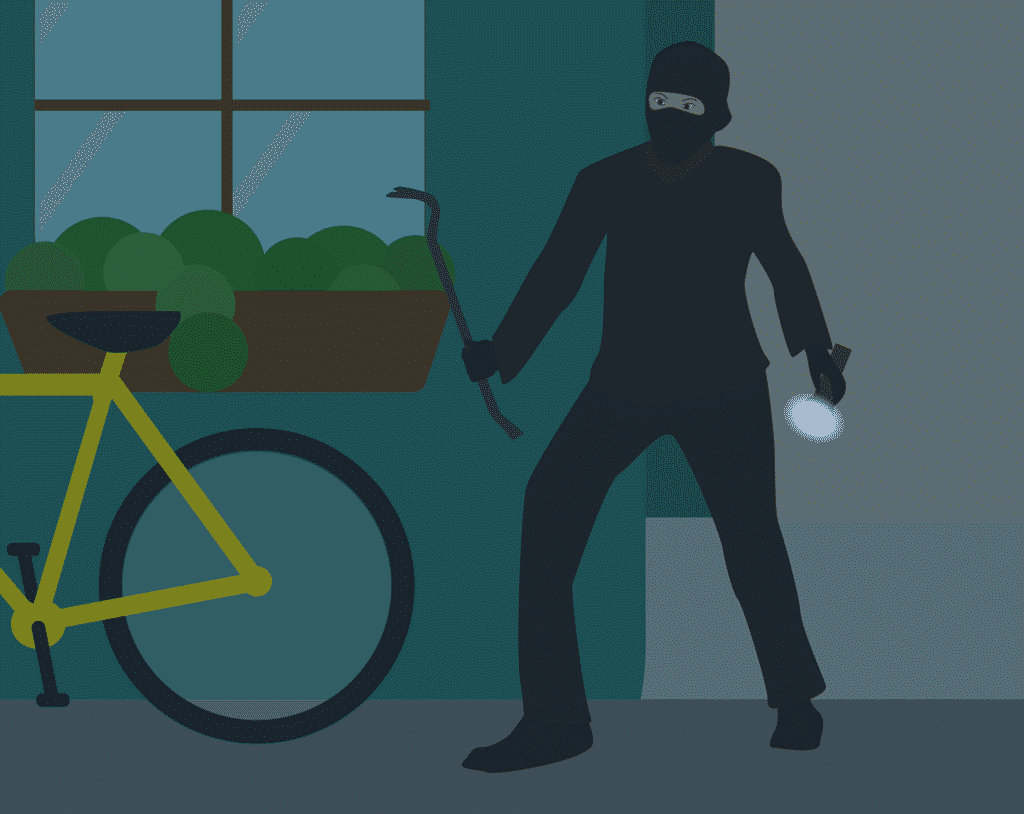
What Constitutes Larceny in South Carolina?
In South Carolina, larceny is theft. Specifically, the definition is “the unlawful taking of property that belongs to another person, done with the intent to permanently deprive that person of the property.” Larceny does not include all theft, such as robbery, because robbery includes force. The law accounts for two types of larceny in South Carolina, but neither involves threats or force. These two types are petit and grand larceny. If you believe you have taken something without the intent to return it, you will likely face criminal charges for larceny in South Carolina.
Two Types of Larceny
The two types of larceny in South Carolina are petit larceny and grand larceny. Although larceny definitions vary from state to state, South Carolina classifies theft based on the value of the property taken. This recognizes that stealing a pen isn’t the same as stealing a vehicle. A theft or larceny offense can be a misdemeanor or felony, depending on the value of the property involved. This is also how South Carolina classifies shoplifting offenses. The two main categories are petit larceny and grand larceny.
- Petit larceny or petty theft– Petit larceny is also known as petty theft and is the lowest level theft offense under South Carolina law. The state considers it a misdemeanor under the Petit larceny is the theft of property or services valued at $2,000 or less. Petit larceny in South Carolina is punishable by a sentence of imprisonment of no more than 30 days, or by a fine not to exceed $1,000.
- Grand larceny or grand theft. Grand larceny in South Carolina is a felony offense that falls into one of two categories, depending on the value of the property or services taken.
- Grand larceny of property or services of more than $2,000 but less than $10,000 is a felony punishable by a term of no more than five years in prison, or a fine at the discretion of the court.
- Grand larceny of property or services of more than $10,000 is a felony punishable by a term of up to 10 years in prison, or a fine decided by the court.
The law requires proof beyond a reasonable doubt for a criminal conviction in a court of law. Proof that a prosecutor may show includes:
- Ownership of property– The individual who lost items or services must prove they had original possession. This is known as producing the true victim.
- Wrongful taking by defendant– In this scenario the original property owner must not have given consent to the theft. Consent by trick or deceit is not true consent.
- Defendant carried property away– The individual must have taken the property a far enough distance away to have control of the item. From one shelf to another inside the store is not sufficient.
- Defendant had intent to permanently deprive – This is clear, the Individual who committed theft must have had intent to permanently keep the item.
Penalties for Larceny
Both civil and criminal penalties result from larceny. Civil penalties may include the retail price of the merchandise, and fines ranging from $500 to $1500. For minors, if the parent or legal guardian of the minor knew or should have known, the parent or legal guardian may be civilly responsible to pay the amounts listed above.
Larceny that graduates to a felony has criminal penalties. In the case of petit larceny, it is a misdemeanor punishable by 30 days in jail. In the case of grand larceny for stealing property worth more than $2,000 but less than $10,000, it is a felony punishable by up to five years in prison or a fine decided by the court. If convicted of grand larceny for stealing property worth more than $10,000, an individual may face up to 10 years in prison or a fine decided by the court.
If you are facing larceny charges in South Carolina, hire an attorney as soon as possible to evaluate your case and discuss your options.
